In the early 1960s, Bob Dylan had a certain “intellectual folkie” reputation to uphold in the Greenwich Village music scene, which meant there were some artists he preferred to listen to when no one else was around. Doing so might hurt his traditionalist credibility, and besides, it would look a little odd going back to a type of music Dylan had already dismissed as being too flippant and one-dimensional in the face of life’s complexities.
Videos by American Songwriter
It’s a haughty take, certainly, but not one he always possessed. When Dylan was a high schooler in Minnesota, he started a boogie-woogie band that played in the style of Little Richard and other early rock greats so brazenly that it caused secondhand embarrassment among his classmates. After moving to a collegiate neighborhood of Minneapolis and later all the way to Greenwich Village, Dylan (at the time, still Robert Zimmerman) began studying traditional music: folk, blues, and hymns.
Under the mentorship of Woody Guthrie and Pete Seeger, some artists began to fall out of vogue for Dylan. That’s why when he told music journalist Robert Shelton that he listened to Elvis Presley when “no one else was around,” it was a private confession, not a proud fact.
Indeed, Dylan’s tune had changed quite a bit since his high school days banging out boogie-woogie on the piano.
Bob Dylan Only Admitted to Liking This Rock Artist in Private
Bob Dylan didn’t just walk the cerebral folk artist walk. He talked the talk, too. Establishing his reputation as a serious songwriter in the early 1960s, Dylan said, “The thing about rock and roll is that for me anyway it wasn’t enough. ‘Tutti Frutti’ and ‘Blue Suede Shoes’ were great catchphrases and driving pulse rhythms. But they weren’t serious or didn’t reflect life in a realistic way. I knew that when I got into folk music, it was more of a serious type thing. The songs [have] more despair, more sadness, more triumph, more faith in the supernatural, much deeper feelings.”
Despite this shallow representation of rock ‘n’ roll he offered early in his career, Dylan was a student of the likes of Elvis Presley and Little Richard, just like virtually every other aspiring musician of that decade. Early rock was a part of the fabric of society, whether or not the younger musicians were aware of whose influence they were pulling from. Years later (and after he made his infamous transition to electric at the Newport Folk Festival), Dylan talked about how important Presley was to him.
“It was so sad,” Dylan said of Presley’s 1977 death the following year. “I had a breakdown. I broke down. One of the very few times. I went over my whole life…my whole childhood. I didn’t talk to anyone for a week after Elvis died. If it wasn’t for Elvis and Hank Williams, I couldn’t be doing what I do today.”
Photo by Alice Ochs/Michael Ochs Archives/Getty Images


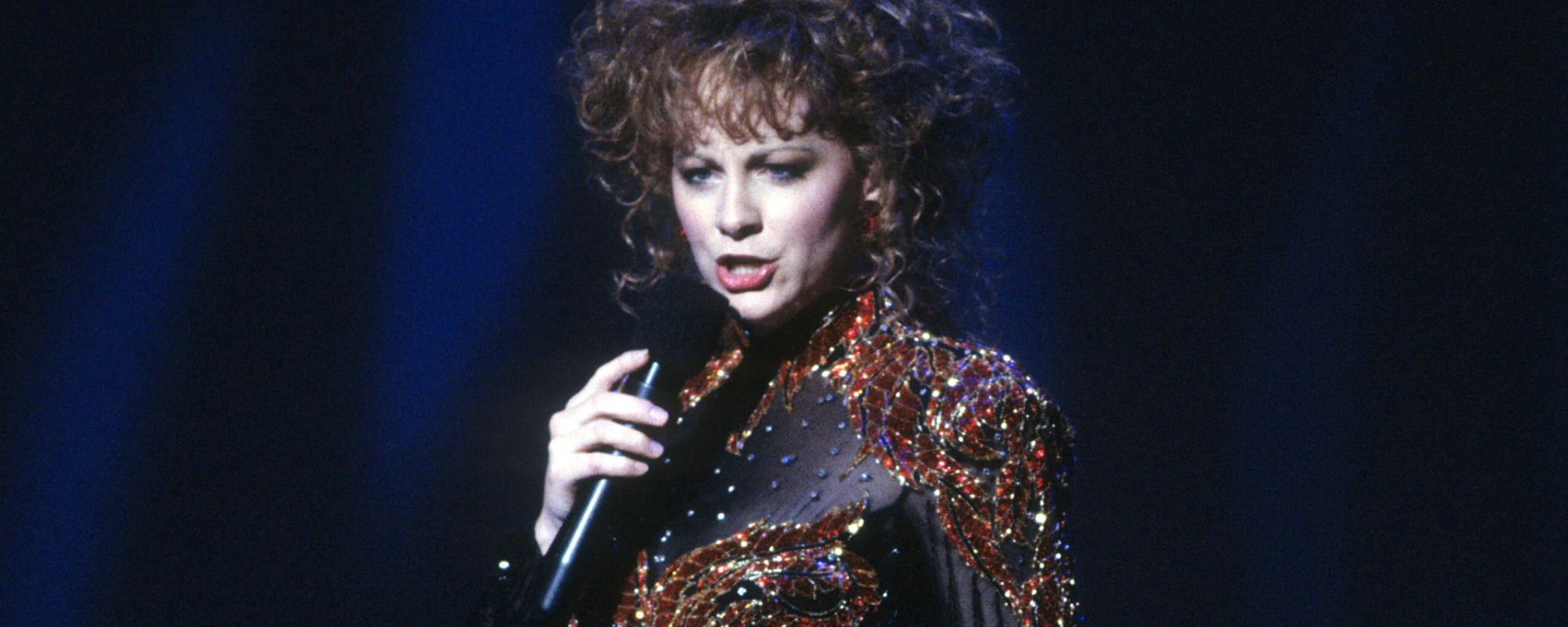
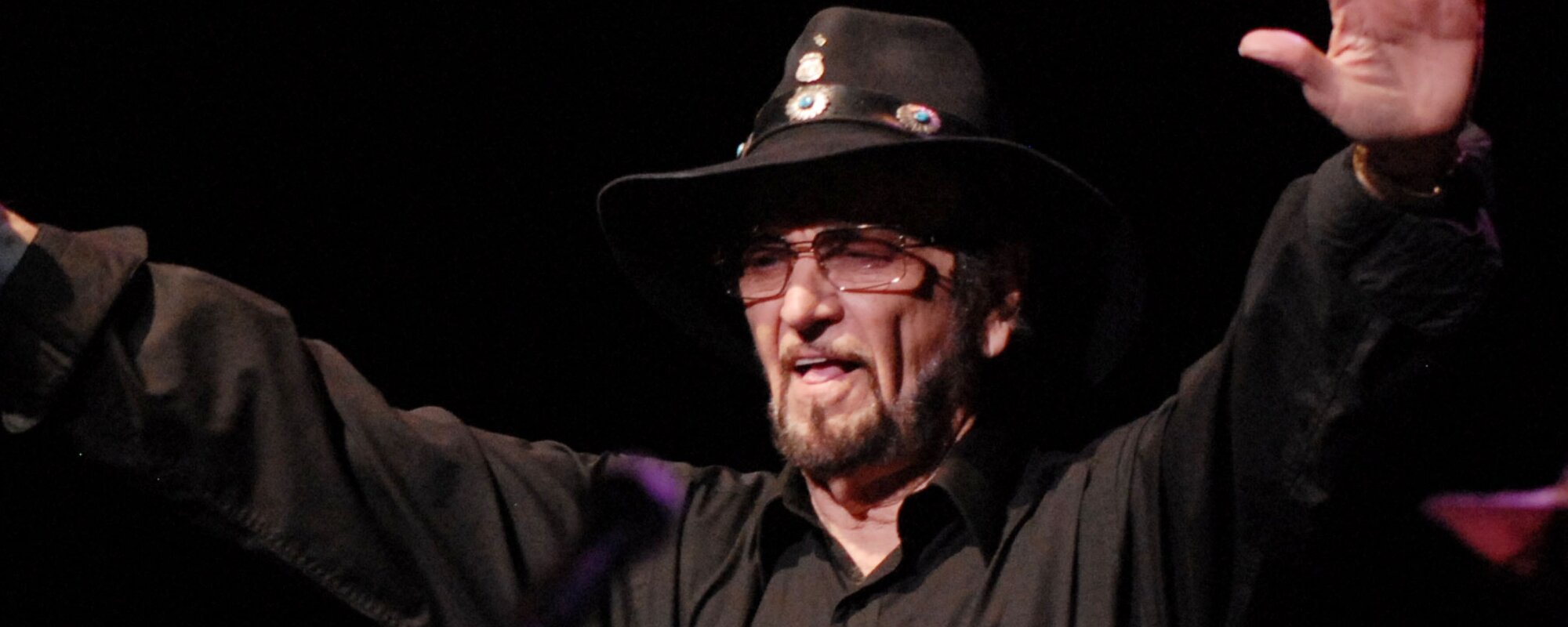


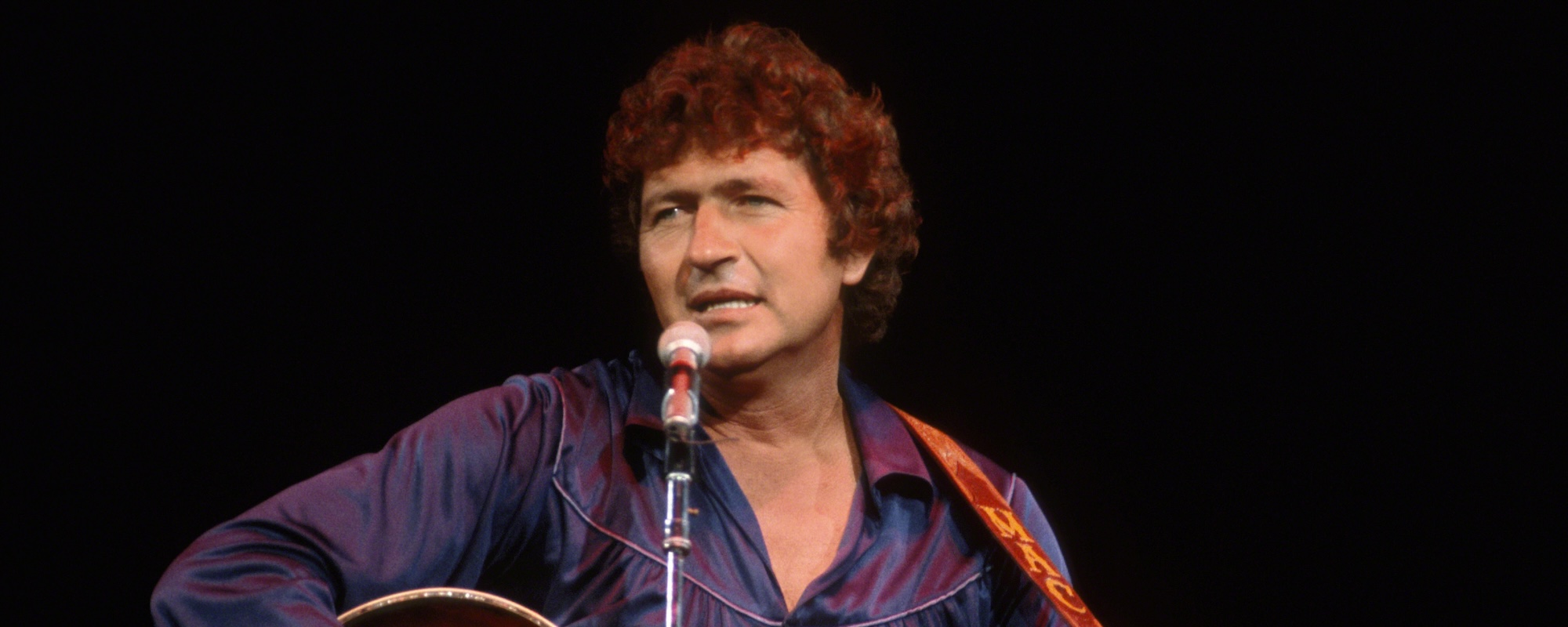
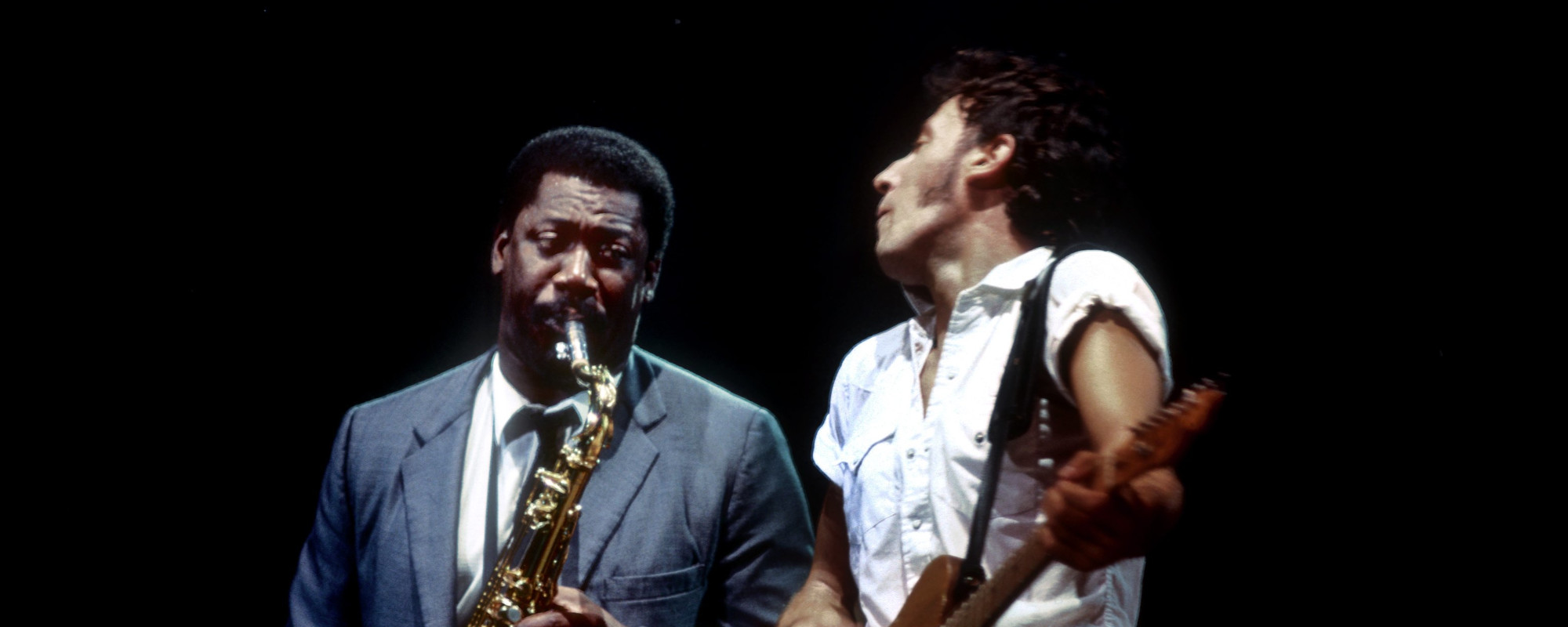
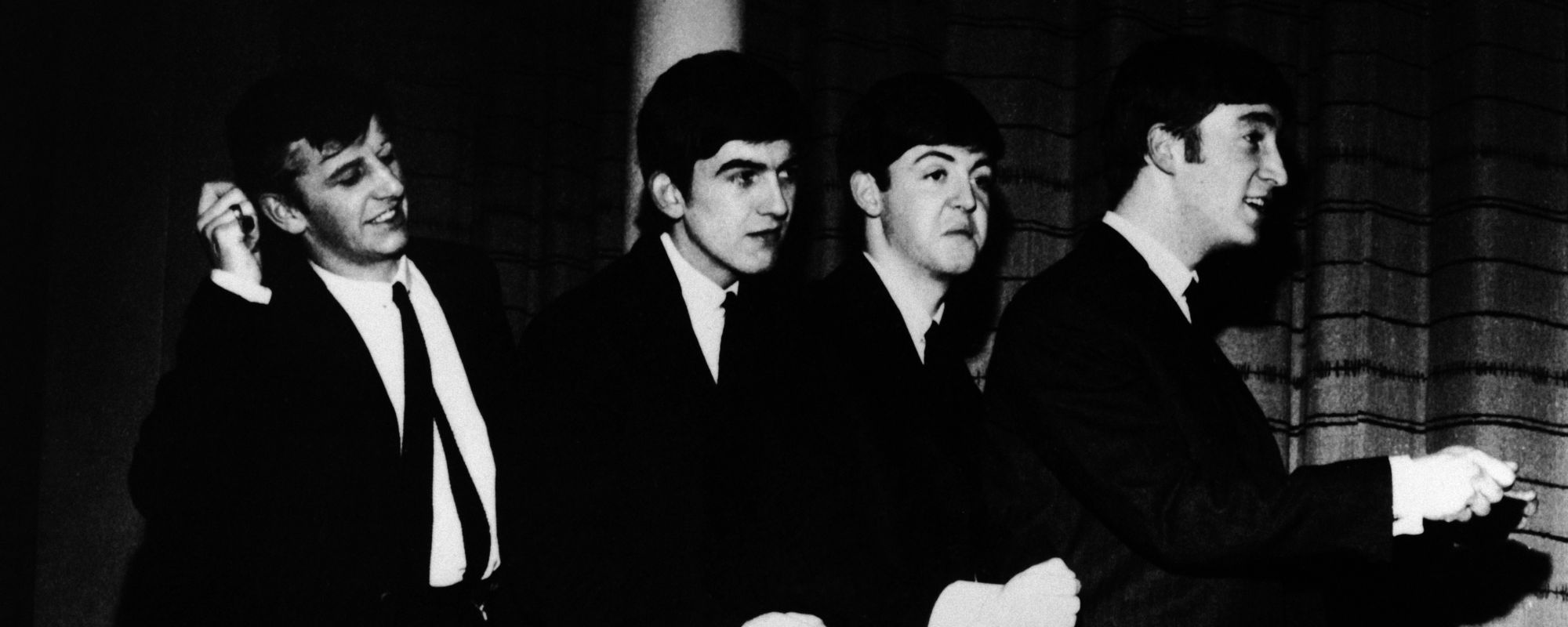
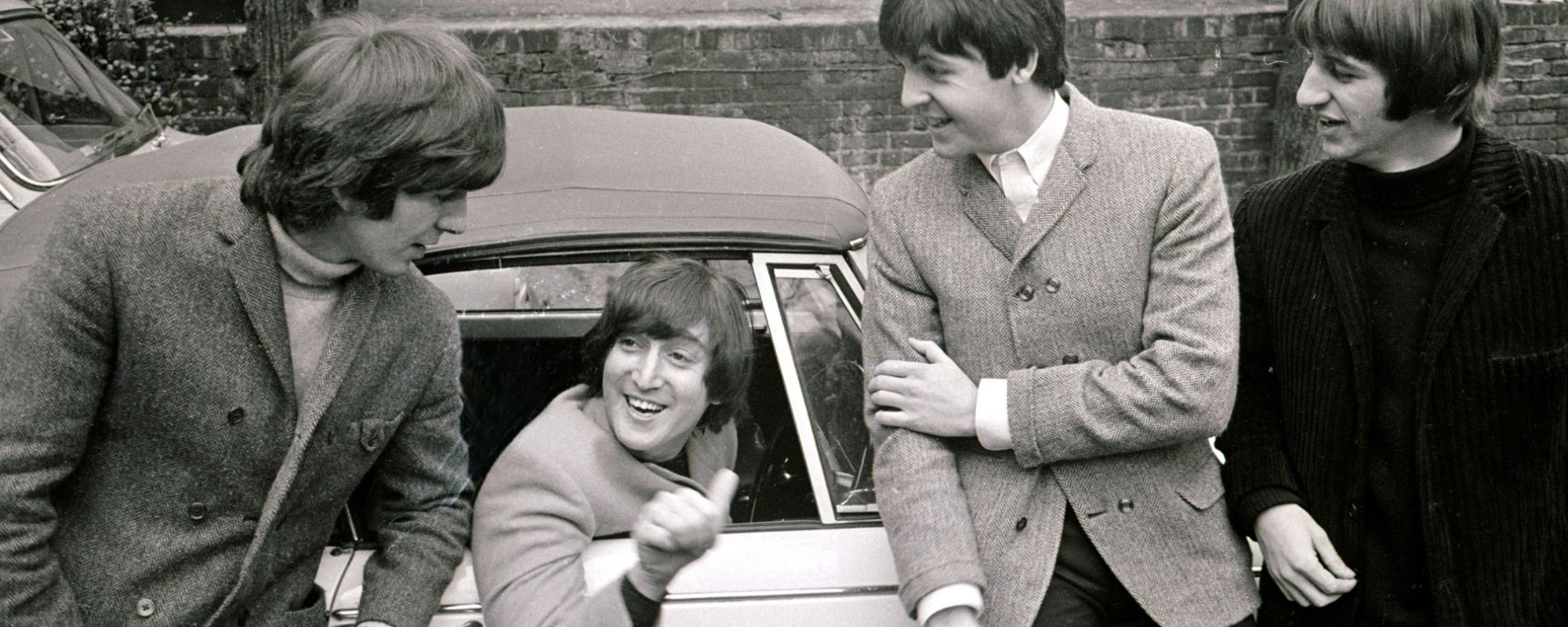


Leave a Reply
Only members can comment. Become a member. Already a member? Log in.